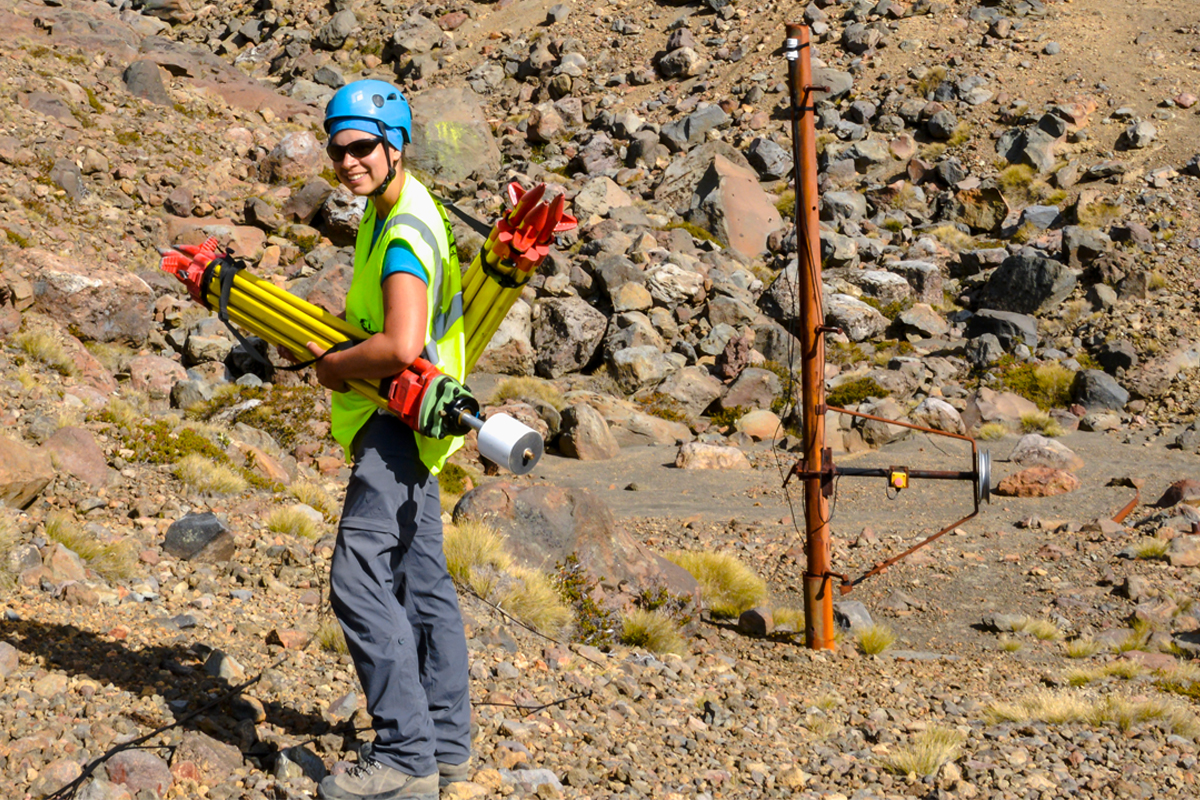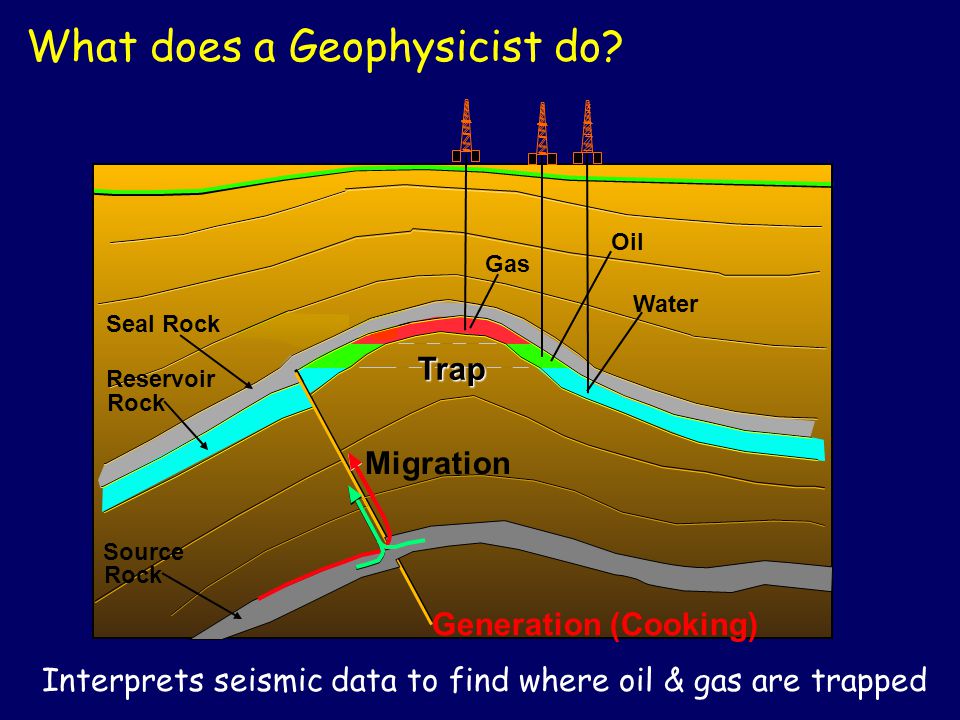All Categories
Featured
Table of Contents
Gravity Geophysical Survey Method in Wembley Downs WA 2023
Connect with MBA programs seeking candidates like you. Study. Connect with master's programs around the nation to get an edge over the competitors.

A geophysicist studies numerous aspects of the earth. According to the U.S. Geological Study, they study gravity, magnetic, electrical, and seismic activity occurrences. Geophysicists also record, evaluate, and take measurements of geographical features and abnormalities. Watch a video to learn what a geophysicist: Geophysicists must earn a minimum of a bachelor's degree; nevertheless, this is for an entry-level position.
If you want study you should pursue a Ph. D. Undergraduate coursework typically consists of geology, mathematics, ecological science, or physics. Postgraduate degree need more specific studies in the specialized of option. Areas can include oceanography, atmospheric physics, meteorology, planetary, petroleum, environmental, and mining. Job prospects are greater if you have a strong background in computer technology or innovation.
Why Study Geophysics? in Lesmurdie Oz 2022
Access to these chances might be limited depending on where you live; however, internships or summer season programs with geophysical companies, university geophysics department, or the U.S. Geological Survey can be choices. You can find a list of a list of opportunities on the United States Geological Study (USGS) sites' Pathway Programs tab (opens in another link).
If you have yet to graduate high school, taking as lots of science and math classes as possible would be a plus. Geophysicists also work with computer systems while looking into, so computer courses can also be valuable, as mentioned earlier in this article. Numerous geophysicists concentrate on a location of geophysics. Therefore, the job description would change pending on the specialty.
A geophysicist's responsibilities can consist of determining, tracking, and documenting data from various physical properties on earth. Geophysicists frequently have to take a trip worldwide to analyze geological events that have actually happened or may have been forecasted.
Geophysics in East Fremantle WA 2022
Jay Wellik, a geophysicist, studies volcanos. His area of competence in geophysics is looking into why volcanos erupt and what indications there might be that an eruption may take place. He tracks seismic activity and then follows what occurs previously, throughout, and after a volcano appears. Geophysicists normally work full-time hours; however, they often work irregular hours, as pointed out previously.

You can discover additional details about Geophysicists along with extra academic materials on the U.S. Geological Study website (links open in a brand-new window). Laura Stern, of the U.S. Geological Study at the Gas Hydrates Lab in Menlo Park, California: We make a variety of different hydrates in the lab.
We likewise make carbon dioxide hydrate, ethane hydrate, lp, a number of different structures. It's about 100 degrees colder than the temperature level at which these hydrate samples would dissociate, when they would disintegrate to ice plus gas on the tabletop.
Careers in Martin Aus 2022
So the samples we make, their polycrystalline. They look like snow, it looks like compressed snow however honestly, it does contain gas inside. Take a little piece off here and as it heats up, you'll start to see it pop. It's going back to ice plus gas and after that as the ice would melt as it continues to warm, it will wind up being water plus gas.
My name is Steve Kirby, I'm a Geophysicist here at the U.S. Geological Study in Menlo Park. I deal with Laura Stern who is likewise a Geophysicist in this lab that adheres towards the examination of planetary ices and gas hydrates. Gas hydrates in nature happen in really remote places and they are really complex with the interactions and conditions that they form under and samples that are brought up are under some sort of alternation or decay.
This is an unusual lab and there are only a handful of them worldwide and we are really lucky to be here at the Geological Survey and to have the chance of dealing with them. Bureau of Labor Statistics, U.S. Department of Labor, Occupational Outlook Handbook, Geoscientists. National Center for O * NET Advancement.
Geophysical Survey in Morley WA 2021
00. O * Web On, Line. This video was produced by the federal government for the U.S. Geological Survey. The USGS Gas Hydrates Lab is moneyed by the Department of Energy and the USGS Gas Hydrates Task.
Table of Contents
Latest Posts
How To Become A Geophysicist in Mount Claremont Oz 2023
Geophysical Survey Next Step In Carbon Storage Study in Brookdale Western Australia 2023
Geophysical Investigations in Calista Western Australia 2022
More
Latest Posts
How To Become A Geophysicist in Mount Claremont Oz 2023
Geophysical Survey Next Step In Carbon Storage Study in Brookdale Western Australia 2023
Geophysical Investigations in Calista Western Australia 2022